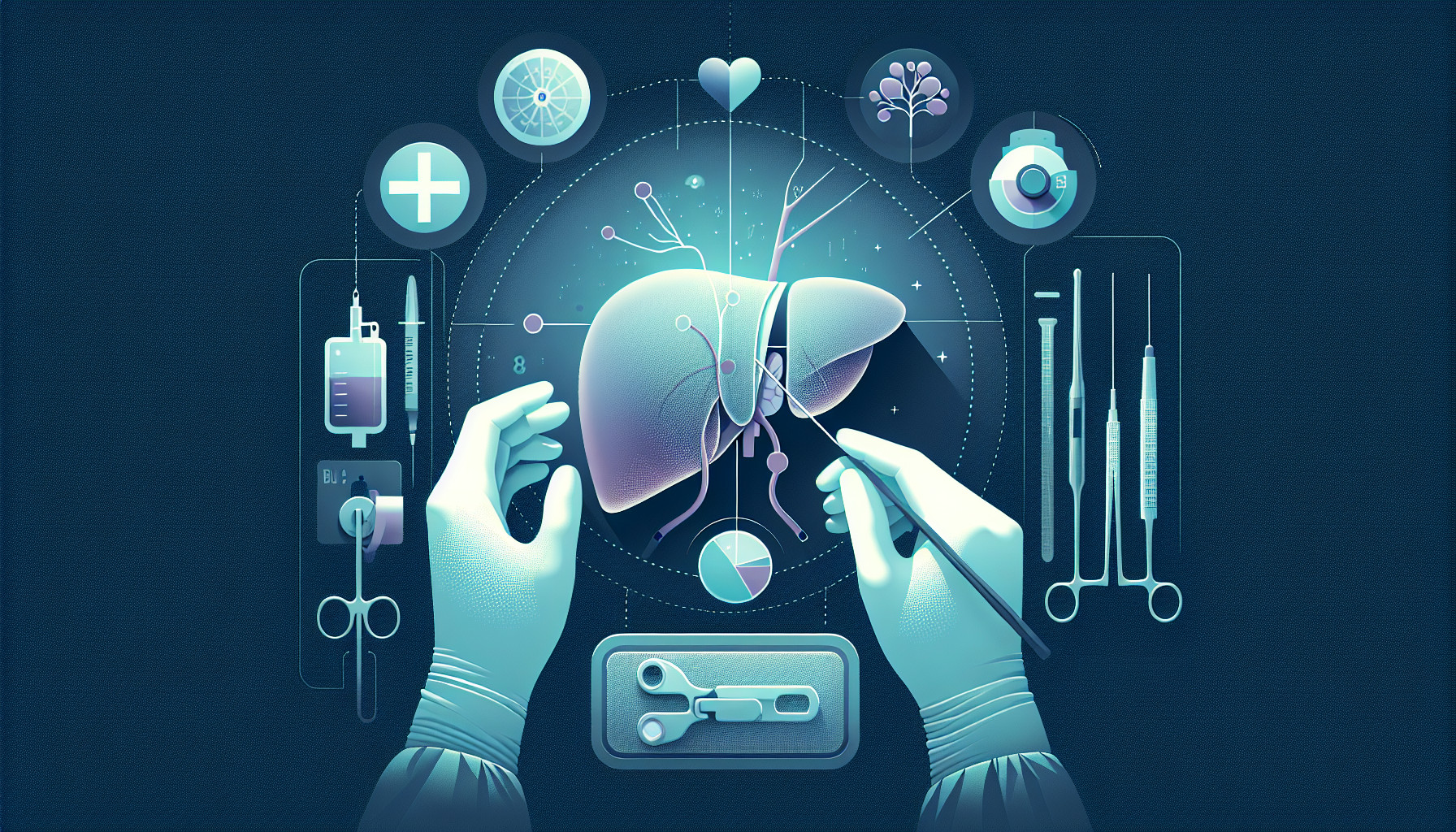Our Summary
The researchers looked at children who had a liver transplant and later visited the pediatric emergency department in Baskent University Hospital in 2023. They noted the symptoms, lab tests, hospitalization status, and diagnoses. Out of 108 visits by 33 patients, 49 required hospitalization and 5 needed intensive care, with 2 deaths. The most common symptoms were throwing up, fever, and cold symptoms. Common diagnoses included stomach flu, upper respiratory infections, and lower respiratory infections. Other serious conditions included bile duct infection, abdominal infection, and severe body-wide infection. The researchers found that seizures and severe body-wide infections were closely linked with needing intensive care. Patients who needed intensive care had their transplant more recently than those who didn’t. Thus, doctors treating children who had a liver transplant should closely watch for serious complications, especially shortly after the transplant when the child’s immune system is very suppressed.
FAQs
- What were the most common symptoms observed in children who had a liver transplant and later visited the pediatric emergency department in Baskent University Hospital?
- What were the common diagnoses noted by the researchers in patients who had a liver transplant?
- What complications should doctors closely watch for in children shortly after they’ve had a liver transplant?
Doctor’s Tip
One important tip for patients who have undergone a pediatric liver transplant is to closely monitor for any signs of infection or complications, especially in the first few months after the transplant when the immune system is most suppressed. It is important to seek medical attention promptly if the child experiences symptoms such as vomiting, fever, or respiratory symptoms, as these could indicate a serious infection that may require hospitalization or intensive care. Regular follow-up appointments with the transplant team are also crucial for monitoring the child’s health and adjusting medications as needed. By staying vigilant and proactive in managing the child’s health post-transplant, the likelihood of successful outcomes can be improved.
Suitable For
Pediatric liver transplant patients who are recommended for close monitoring and potential intervention in the pediatric emergency department include those experiencing symptoms such as vomiting, fever, and cold symptoms, as well as those diagnosed with stomach flu, upper respiratory infections, lower respiratory infections, bile duct infection, abdominal infection, and severe body-wide infection. Patients who have recently undergone a liver transplant, especially those experiencing seizures and severe body-wide infections, are at higher risk for needing intensive care and should be closely monitored for serious complications.
Timeline
- Before pediatric liver transplant:
- Child diagnosed with liver disease or failure
- Child undergoes extensive medical evaluations to determine the need for a liver transplant
- Child is placed on the transplant waiting list
- Child and family receive education and support about the transplant process
- Child experiences symptoms of liver failure such as jaundice, fatigue, itching, and weight loss
- After pediatric liver transplant:
- Child undergoes surgery to receive a new liver
- Child stays in the hospital for monitoring and recovery
- Child takes immunosuppressant medications to prevent organ rejection
- Child undergoes frequent follow-up appointments and monitoring to ensure the transplant is successful
- Child may experience complications such as infections, rejection episodes, and side effects from medication
- Child gradually resumes normal activities and improves their quality of life with a functioning liver.
What to Ask Your Doctor
- What are the potential complications or risks associated with pediatric liver transplant?
- How often will my child need to follow up with a transplant specialist after the surgery?
- What signs or symptoms should I look out for that may indicate a problem with the transplanted liver?
- Are there any specific medications or dietary restrictions my child will need to follow after the transplant?
- How long is the recovery process typically for pediatric liver transplant patients?
- What support services or resources are available for pediatric liver transplant patients and their families?
- How will my child’s immune system be affected by the transplant, and what precautions should we take to prevent infections?
- Are there any specific vaccines or medications my child should receive to protect against infections post-transplant?
- What is the long-term prognosis for pediatric liver transplant patients, and what factors may affect their outcome?
- How closely should we monitor my child’s health in the months and years following the transplant surgery?
Reference
Authors: Gültekingil A, Yücel MH, Temel Ö, Karakaya E, Özçay F, Haberal M. Journal: Exp Clin Transplant. 2024 Oct;22(Suppl 5):139-144. doi: 10.6002/ect.pedsymp2024.P11. PMID: 39498935
